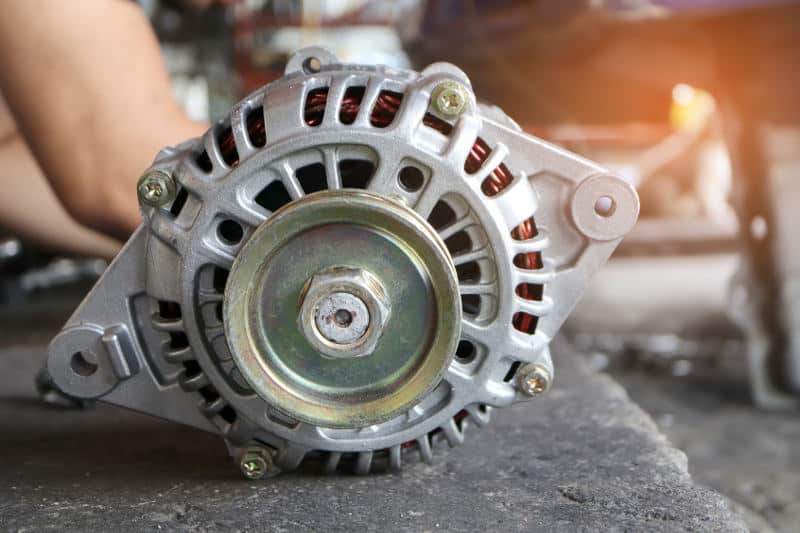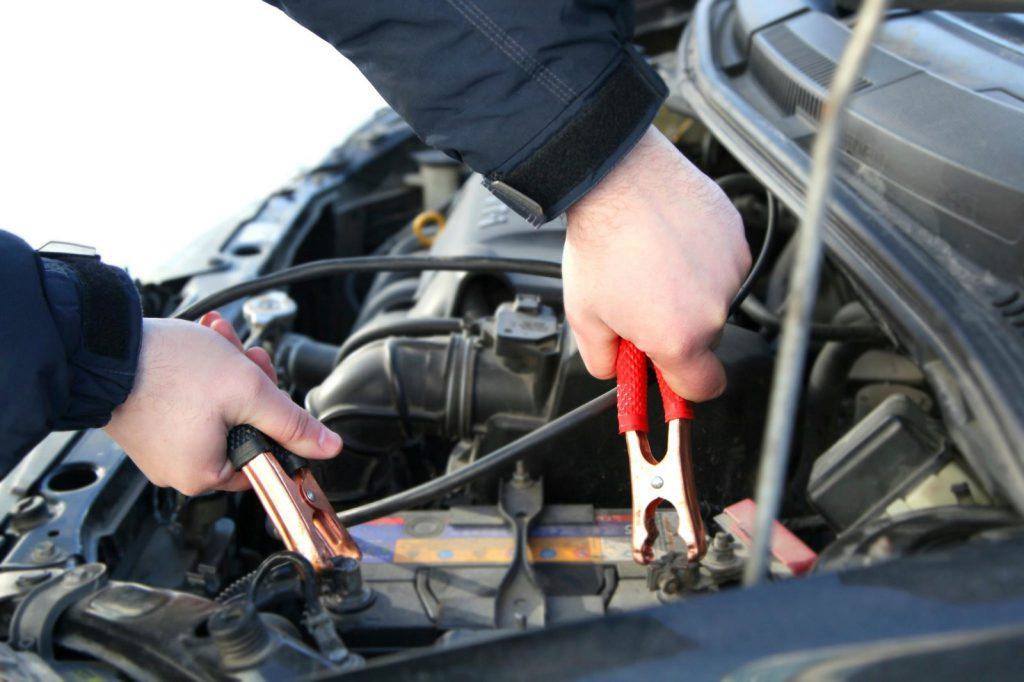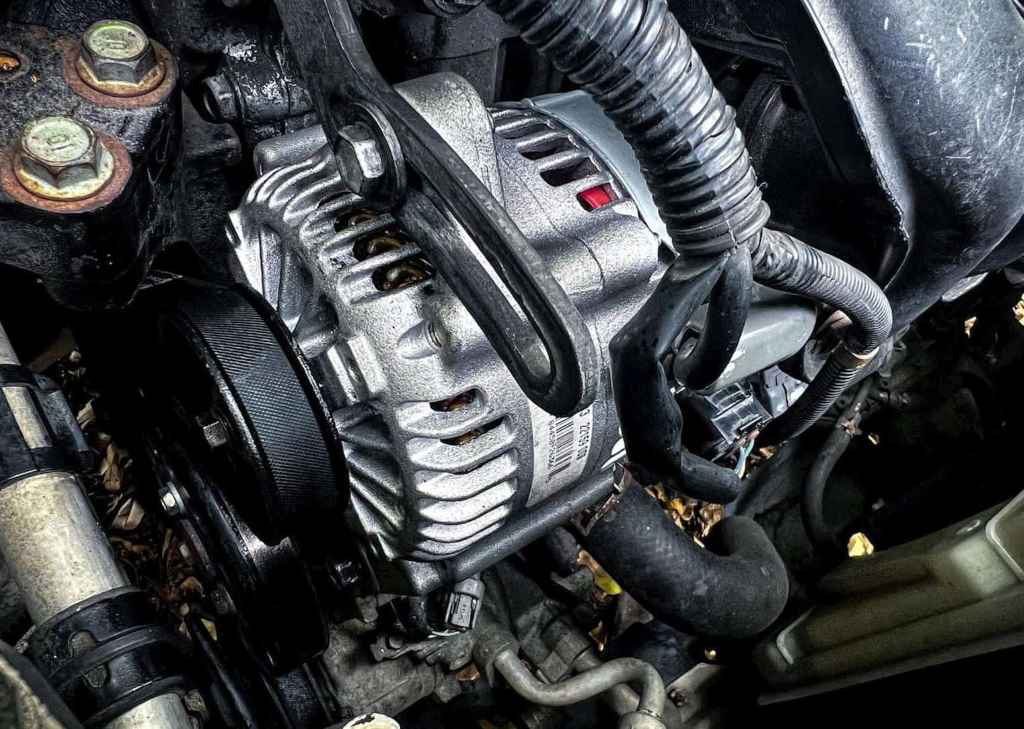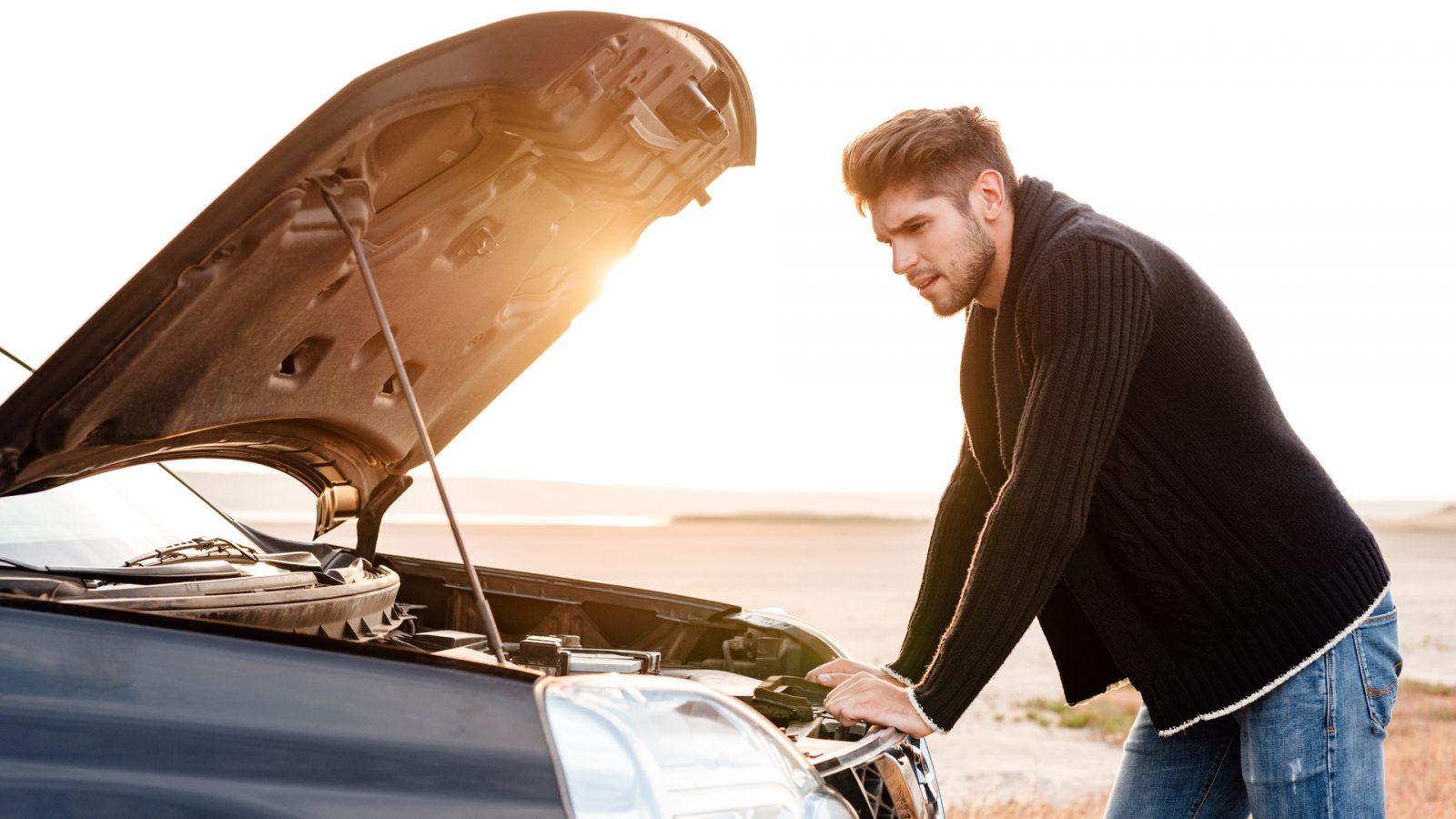Everyone likes their cars running smoothly with all the accessories and hardware functioning in place. What keeps them working? Undoubtedly, it is the alternator.
This is a coconut-sized device that circulates electrical energy through all the workable hardware of the vehicle. There may be times when alternator bearing noise may become a matter of concern.
While you may relate it to the forthcoming failure, knowing the exact scenario can prove to be a boon.
Contents
Understanding The Alternator Bearing Noise
If you have a malfunctioning alternator at your disposal, the car’s battery is likely to get affected. Be it dirt or the change in climatic conditions; alternators may wear out with time. In turn, squealing alternator bearings could be something that dominates your thoughts.
Conjecturing can add on the stress but by having the required knowledge, you can work through the problem.
What Is An Alternator?
A part of the automotive charging mechanism, an alternator generates electrical power for the various components of the vehicle. The device is a lightweight one and smaller in dimensions.
The alternator is positioned near the engine’s front and capable of producing alternating current with the help of a process called electromagnetism.
Talking about its working, when the engine is given a run, the crankshaft impels the drive belt. This, in turn, leads to the spinning of the pulley present on the rotor shaft.
As a result, the alternator transmits mechanical energy from the engine to the car’s accessories in the form of electrical energy.
There may arise a time when alternator bearings noise may give you sleepless nights. Let’s find out why that happens.

The Bearings Failure
One of the most familiar failures that the alternator is susceptible to is the bearing failure. The alternator works in a way that all the parts within it rotate to produce electrical power.
One of such components is the bearing needles that, in turn, facilitate free spinning of the rotor within the stator.
When the bearings tend to fail, the rotor spinning would be directly hindered. This may happen due to the heat and dirt accumulation around the alternator.
You’ll notice a grinding noise that may further lead to the alternator failure. That is why it is important to look into the issue as soon as possible rather than leaving things for tomorrow.
The Certainty Test
When the alternator bearing noise is something that is bothering you, running a certainty test can come in handy. One of such tests involves jump starting the car. Once the car’s engine starts, do away with the jumper cables.
In case the car’s engine halts soon after, the alternator is at fault. And, in case the car continues to run, the battery may require charging.
Another test is the headlight check. Start the car and tell someone to check the headlights. Maintain the car in the “park mode” and depress the accelerator pedal.
If the headlights tend to faint or if they turn off completely, the alternator is at fault. You may also go through maintenance tips for consequences of a bad car battery.

How To Prevent The Alternator Bearing Noise
Prevention is key to avoiding alternator bearing noise and potential breakdowns. Here are some preventive measures:
- Regular maintenance: Follow your car manufacturer’s recommended maintenance schedule to ensure timely inspections and replacements.
- Using quality parts: When replacing any components, opt for high-quality parts to ensure durability and reliability.
- Keeping the alternator cool: Overheating can hasten bearing wear. Make sure your alternator stays cool to extend its lifespan.
FAQs on Alternator Bearing Noise
Is alternator bearing noise dangerous?
Alternator bearing noise is a warning sign of potential issues. While not immediately dangerous, ignoring the noise can lead to more severe problems and breakdowns.
Can I drive with a noisy alternator bearing?
While it’s possible to drive with a noisy alternator bearing, it’s not advisable. Continued driving may cause further damage and could eventually leave you stranded.
How much does it cost to replace an alternator bearing?
The cost of an alternator bearing replacement can vary depending on the make and model of your vehicle, as well as the labor costs in your area. It’s best to obtain quotes from different mechanics to get an accurate estimate.
How do you fix a noisy alternator bearing?
Can I lubricate the alternator bearing to reduce noise? Lubricating the alternator bearing might provide a temporary reduction in noise, but it won’t solve the underlying issue. Replacement is the best long-term solution.
Can alternator bearings noise lead to a dead battery?
Yes, a faulty alternator bearing can lead to charging issues, resulting in a dead battery and leaving your vehicle inoperable.
Will WD-40 spray adhere to an alternator?
Spark plugs, distributors, alternators, and batteries may all benefit from using WD-40 to keep moisture out and avoid corrosion. Additionally, you may use it to make it easier to remove spark plugs, especially if they have rust or corrosion.
Is washing the alternator safe?
Pressure cleaning your engine bay would not be a good idea since it might harm the seals and lead to further issues. However, water is advised over a degreaser for petroleum-based engines when cleaning alternators.
How long will a noisy alternator bearing last?
The duration of a noisy alternator relies on a number of variables, including the degree of wear it has undergone and any other parts that could be acting up owing to a lack of power.
It can go up to a few thousand kilometers before breaking down if it is in the early stages.

Wrapping Up
If you are dealing with alternator bearing noise, replacing the bearings or the noisy alternator altogether is recommended. It would be in the best of your interest to contact an expert.
One should understand that some problems are better handled by professionals who can fix the issue in no time and that too effectively.




I ve question
What the different between pulley n bearing ?
Are they a different parts?
Lastly, my car make noise when i start to move, n they change alternator pulley, after 2 weeks my car start make a different noise when i brake while the gear on D, they say must change alternator bearing ??